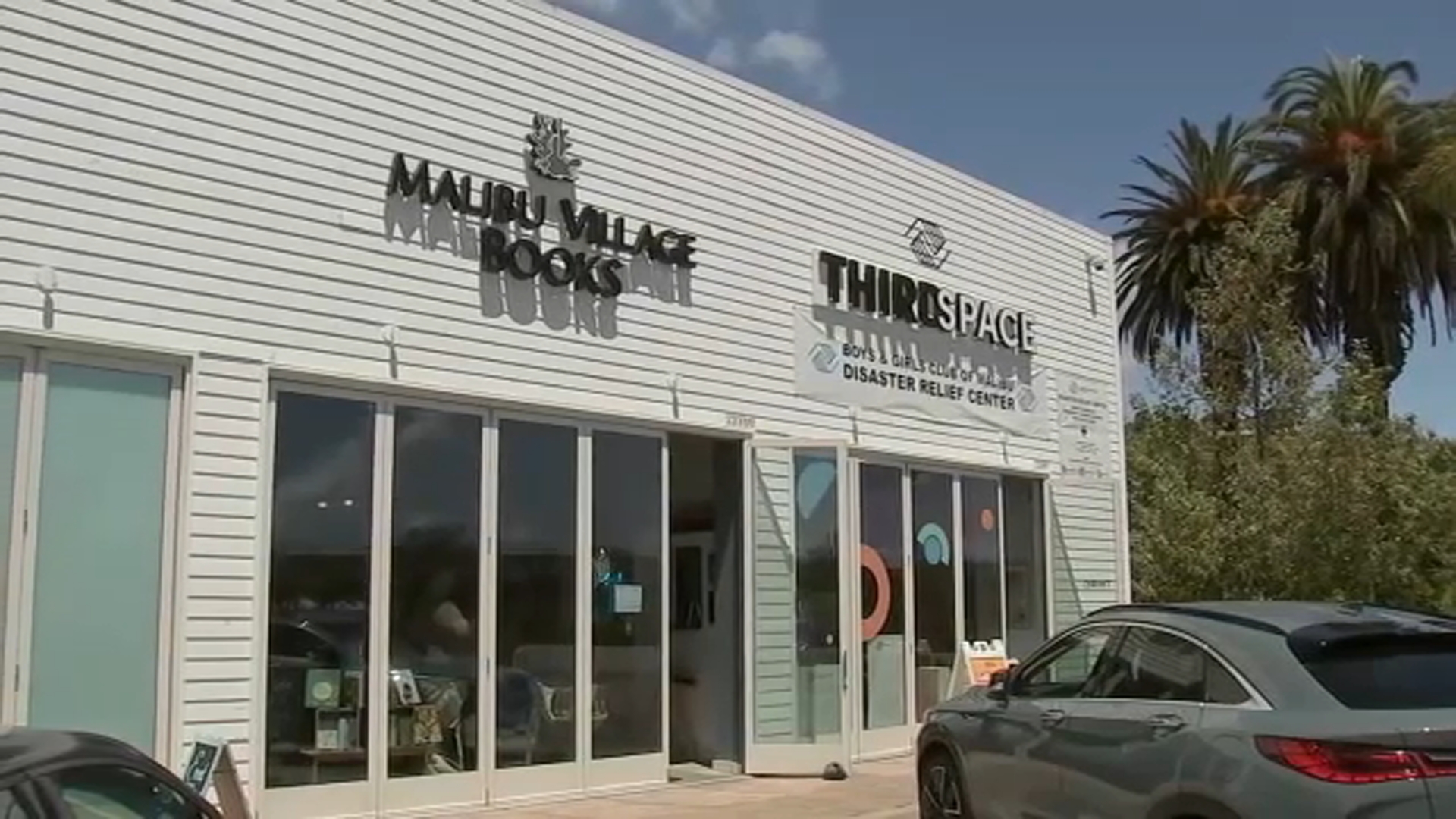Brain research reveals how to prevent risky behavior in teens

Neuroscientists studying the teenage brain say when a teen is surrounded by peers, he or she is more likely to push boundaries and take chances.
But what if a brain training program could help prevent teens from making risky choices?
Teens honing their skateboarding skills often do riskier moves if there's an audience. "If you're by yourself, you don't want to do anything crazy, but if you have friends hyping you up, it's a lot easier to do." said skateboard enthusiast Andrew McWilliams.
Neuroscientist Jason Chein with Temple University said, "The first thing to know is teens make more risky choices when their friends are watching them. This is something adults don't seem to do."
Researchers at Temple University's Brain Research and Imaging Center monitored teens while performing a computerized stop light task. Teens had to drive a car on a straight stretch of roadway and decide whether or not to stop at a yellow light.
"In and of itself it says to parents even a good teen, even a smart teen that has good information about their behavior is likely to behave differently when they're in the presence of their friends or when they think they're in a social environment," said Chein.
Scientists also had teens aged 13 to 17 complete memory training every day for one month and found those teens took fewer risks when being watched by their peers. Chein says it's possible memory training might help teens with self-regulation.
Chein said, "They're still waiting for their cognitive control systems to come online. But we might be able to give that system a boost."
A boost with special braom exercises that help develop emotional regulation and function.
Chein said the results are preliminary. He advises parents to know their kids' friends and try to limit their opportunities to engage in reckless behavior.











